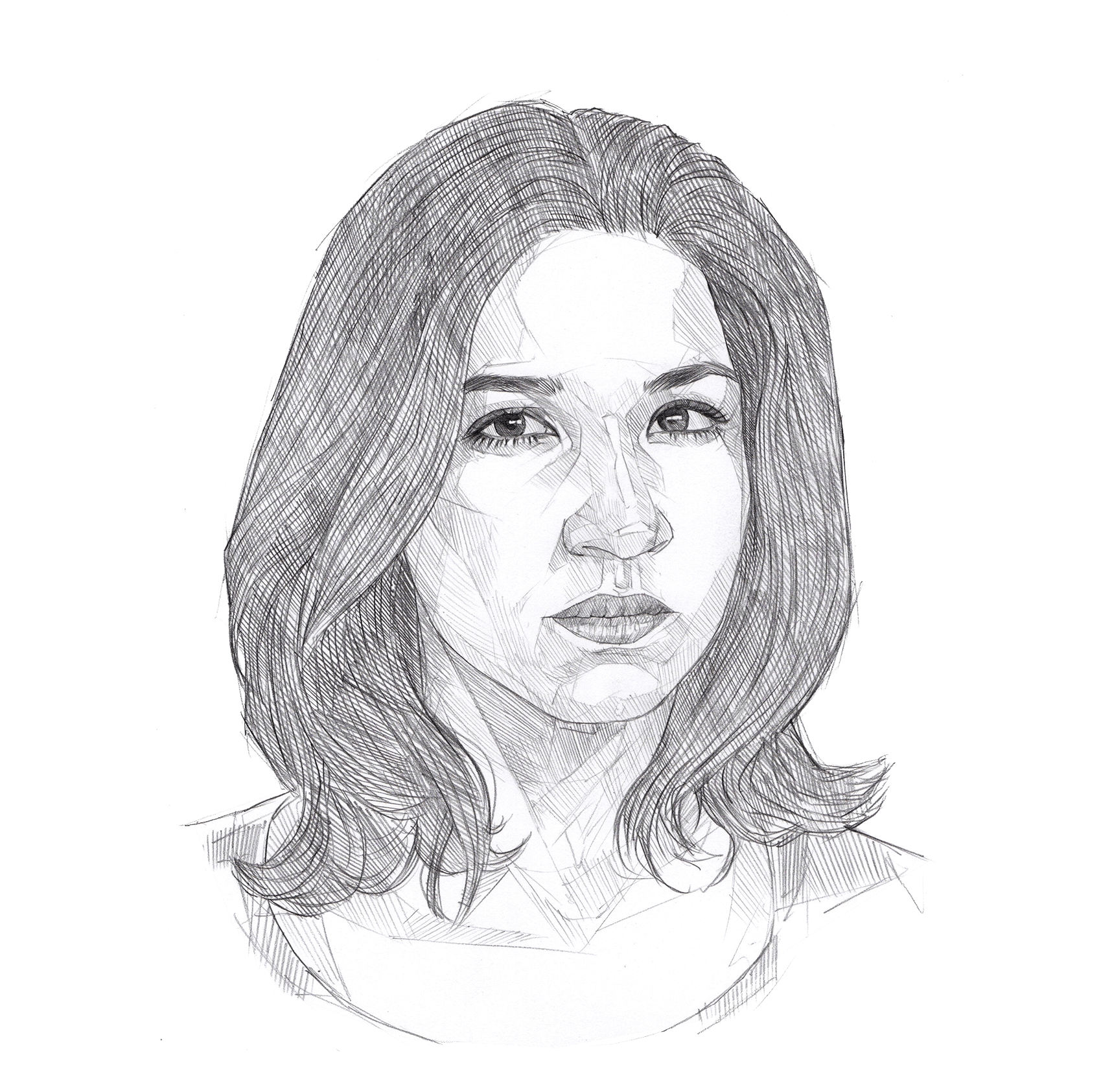Communicating collaboratively
Use open-ended questions and collaborative communication when supporting a victim/survivor.
We know that university-based sexual assault service-providers likely engage in just this kind of communication on a day-to-day basis. When supporting a victim/survivor from a cultural community that differs from your own, the National Association of School Psychologists (NASP) recommends using open-ended questions and paraphrasing, encouraging reflection of feelings and summarization, and practicing a collaborative communication style, (i.e. “How can we work together? “Who else in your community would you like to have support you in solving this problem”). Through open questioning, service providers may learn of healing avenues most comfortable for the victim/survivor.
Delving Deeper Resources
-
Best Practices in Providing Culturally Responsive Interventions (Jones, 2014).Under the heading "Apply Culturally Responsive Microskills," Jones (2014) describes how open-ended questions and collaborative communication can work well to meet the needs of students across a range of cultures that may have very different expectations for support. The chapter "Best Practices on Providing Culturally Responsive Interventions" appears in Thomas & Harrison's edited volume Best Practices in School Psychology (6th Ed.), published by NASP.

